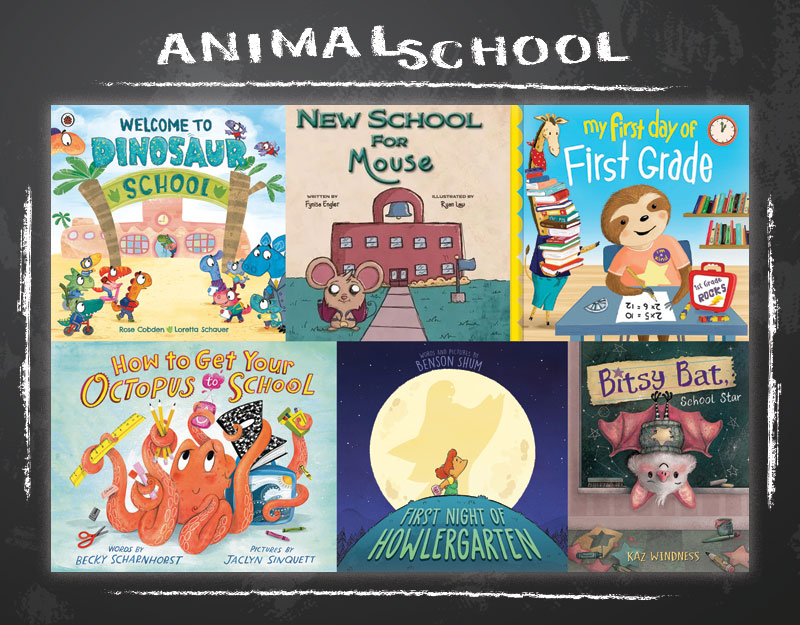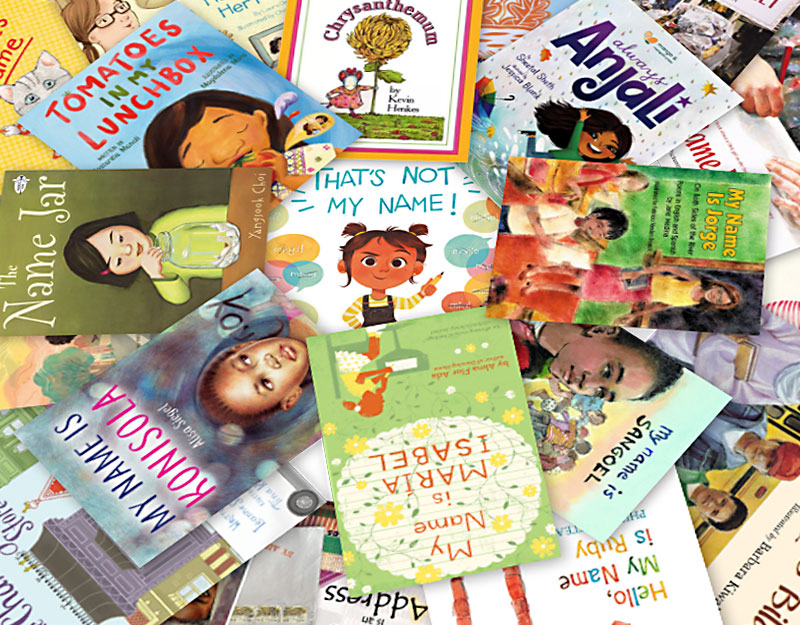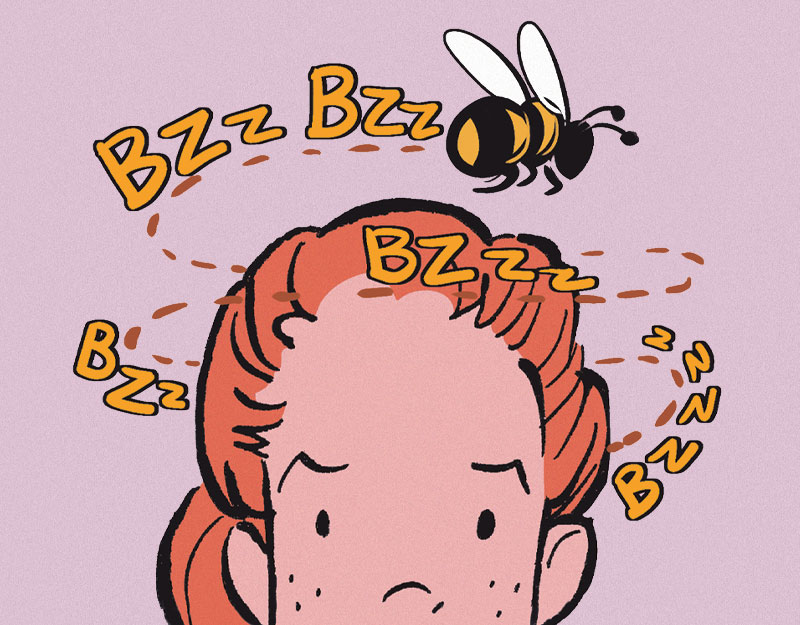Slut Shaming, part 1 – a discussion by author Christa Desir (Part of the SVYALit Project)
- the process in which women are attacked for their transgression of accepted codes of sexual conduct
- making any person feel guilty or inferior for certain sexual behaviors or desires that deviate from the traditional or orthodox gender expectations
 |
|
| Picture from the movie The Breakfast Club |
So a few weeks ago, a friend reached out to me and told me about a situation that happened in his high school: a girl was making out with a guy in the hallway, followed him into the guy’s bathroom, and then was raped.
I have recently finished Jennifer Mathieu’s The Truth About Alice. This book is an important and critical look at slut-shaming, both the reasoning behind it and the consequences of it. It’s excellent because it offers an insight into the girl who is shamed and those who are shaming her. It also demonstrates the mentality of girls hooking up with guys with little thought to what the girls want. And how the insidious code of sexual expectation in girls leaves them with very little real agency. Something I fear is all too true in real life.
 We are very lucky that we live in a time where books can demonstrate the very complicated maze that is teenage sexuality. Books allow us to have nuanced discussions about sexual agency and gender expectations. They allow us the ability to dissect choices and not judge characters so much on their actions as look to the motives behind them. How did we get here and how can we change things?
We are very lucky that we live in a time where books can demonstrate the very complicated maze that is teenage sexuality. Books allow us to have nuanced discussions about sexual agency and gender expectations. They allow us the ability to dissect choices and not judge characters so much on their actions as look to the motives behind them. How did we get here and how can we change things?ADVERTISEMENT
ADVERTISEMENT
Christa Desir is the author of Faultline and co-moderator of the #SVYALit Project
Filed under: #SVYALit, Christa Desir, Fault Line, Jennifer Mathieu, Sexual Violence, Slut Shaming, The Truth About Alice
About Karen Jensen, MLS
Karen Jensen has been a Teen Services Librarian for almost 30 years. She created TLT in 2011 and is the co-editor of The Whole Library Handbook: Teen Services with Heather Booth (ALA Editions, 2014).
ADVERTISEMENT
ADVERTISEMENT
SLJ Blog Network
Name That LEGO Book Cover! (#53)
Cover Reveal and Q&A: The One and Only Googoosh with Azadeh Westergaard
K is in Trouble | Review
Fighting Public School Book Bans with the Civil Rights Act
ADVERTISEMENT







